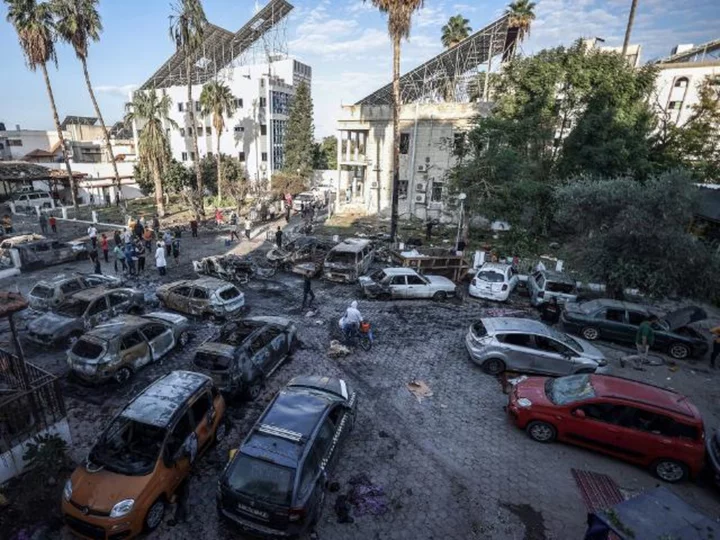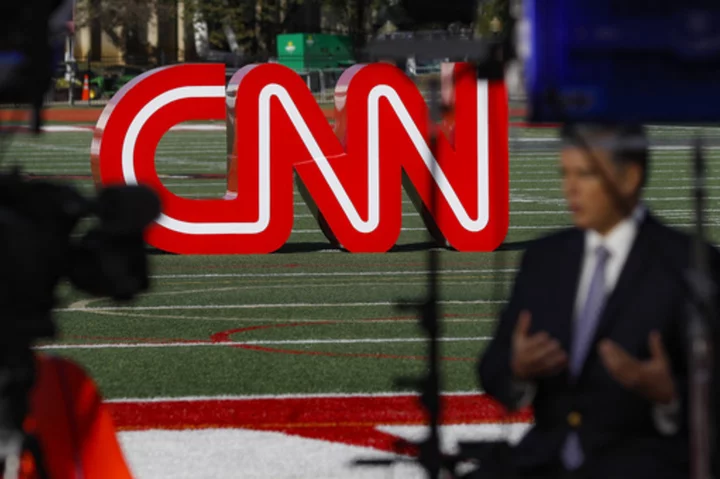Hundreds of civilians killed in an airstrike on a Gaza City hospital. Israel did it. No, Islamic Jihad did it.
A series of high-stakes claims emerged Tuesday amid the roiling Israel-Hamas war, presenting one of the thorniest challenges yet to newsrooms trying to make sense of the chaos and provide clarity to the world as it watches the deadly conflict unfold.
In the immediate aftermath of the deadly hospital explosion, some of the world's biggest and most reputable news organizations uncritically echoed claims from the Hamas-run Palestinian government, which assigned fault for the carnage on Israel. Some news organizations even definitively stated that Israel was responsible in their first reports.
But, soon after those reports, a more complex picture emerged. The Israel Defense Forces flatly denied having struck the hospital and causing the devastating civilian casualties. Instead, the IDF laid blame for the tragic incident squarely at the feet on a rival Islamist group in Gaza, which it said had struck the hospital with an errant rocket.
News organizations quickly moved to reflect the IDF's statement — and the sudden ambiguity — in coverage. Cable news chyrons were tweaked. Ledes rewritten. Headlines changed.
The turnabout prompted the IDF to scold the press.
"Media outlets around the globe were quick to run Hamas' headlines—without fact checking," the IDF said on social media.
And in an appearance on the BBC, an IDF spokesperson scolded the network for its reporting on the blast, saying the network is "taking Hamas information and displaying that as the truth."
But, even in the wake of Israel's vigorous denial, news organizations are still unable to definitively say what transpired, putting them in a difficult position and leaving audiences confused.
War sows chaos all around, including for the journalists tasked with covering its calamities. In the heat of a battle, and in the rush to quickly get information out to the public during rapidly developing situations, mistakes can be made. The first draft of history is not always perfect. The fog of war is very real.
At the same time, there is little room for error. Reports on serious matters involving civilian deaths carry enormous weight, often resulting in immediate consequence. In this case, not long after reports claimed Israel had bombed the Gaza hospital, Palestinian Authority President Mahmoud Abbas canceled his meeting with President Joe Biden. And protests were ignited across the Middle East.
There is no perfect solution. And hindsight is always 20/20. But it is worth repeating that it is of paramount importance for news organizations to remain in a heightened state of vigilance — especially during moments of breaking news when the stakes could not be higher and the situation remains fluid.
Failing to do so runs the risk of confusing and actively misinforming the public, with warring factions retreating even deeper into their respective corners, pointing fingers at one another with civilians caught in the middle.









